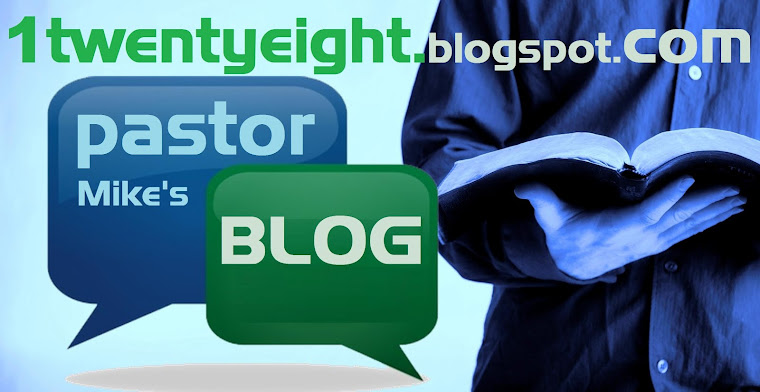
Describe a time when you took a bold godly risk (such as sharing the gospel with a co-worker, giving sacrificially to someone in need, initiating a new ministry venture, etc.). What was the outcome?
Read 1 Kings 18:1-15. Because of the long drought in Israel brought on by Ahab’s wickedness, the famine had become severe. Elijah had good news for the people, God told him the drought was about to end. Elijah’s dilemma was that he needed to face Ahab.
1. What risks did Obadiah take by relaying Elijah’s message to Ahab? How did this demonstrate his dependence on God?
2. In this passage, how did Obadiah demonstrate passive dependence? active dependence?
Read 1 Kings 18:16-40. Keep in mind that the false god Baal was believed to be the god of the sun and rain.
3. What did the prophets of Baal attempt in order to get their god to act? Why didn’t it work?
4. Why do you suppose the people remained indifferent as to which god they believed in? (Compare 1 Kings 18:21 with 1 Corinthians 2:14)
5. How did Elijah’s confidence in God’s power and sovereignty allow him to take this risk?
Read 1 Kings 18:41-46.
6. What enabled Elijah’s confidence that the small rain could would develop into a sustained rain?
7. What are potential “Mt. Carmel Moments” in your life? Look over the following list. Do you sense God’s calling toward any of these? Share your thoughts and take some time to pray together as a group.
Move out of your seat and into a ministry (many opportunities to choose from)
Invite someone who is far from God into your home to share a meal with your family.
Launch a brand new Life Group.
Adopt a neighborhood in our community and begin to serve them and share Christ with them.
Become a Life Group apprentice.
Join the Jefferson County Launch Team.
Find an organization in our community where you can volunteer and make a difference.
Tell someone about your faith in Christ.
Get Baptized.
Go on a short-term mission trip.
Start a non-profit business that will help those in need…widows, poor, single moms, etc.
Move overseas to share the gospel with another people group.
Move to another community in Western Pa and launch a new campus.










































